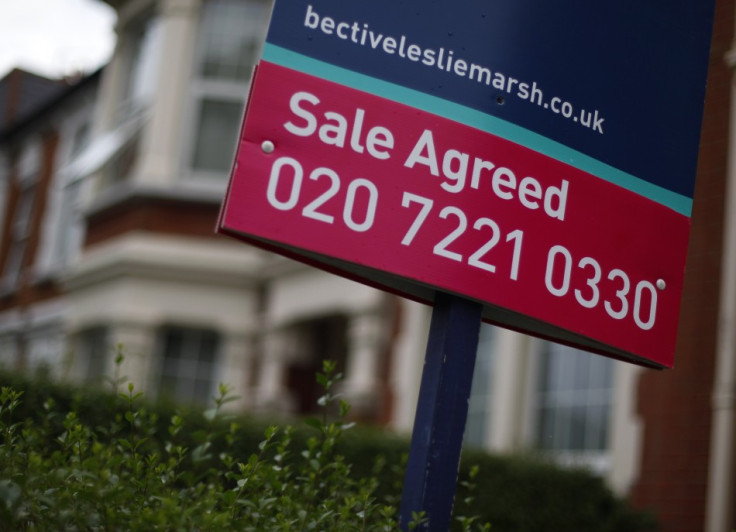UK's property market 'a safe haven for corrupt funds'

Britain's housing boom has been fuelled by corrupt money and a significant proportion of high-end UK properties owned via nebulous companies parked in off-shore tax havens, have been used to launder funds on a grand scale.
An investigation from anti-corruption organisation Transparency International (TI) reveals that more than £180m worth of property in the UK has been placed under criminal investigation in the last decade. The average price of these properties is about £1.5m.
However, TI's report called Corruption on Your Doorstep, says this is just the tip of the iceberg.
London is where the alleged money laundering is most concentrated, with some 36,342 properties known to have been bought through anonymous companies located jurisdictions such as: the British Virgin Islands (38%); Jersey (16%); Isle of Man (9.5%); and Guernsey (9%).
Transparency International described the UK's property market as "a safe haven for corrupt funds".
But it is not just in tax havens that regulation is slack, regarding property transactions. UK money laundering strictures are not particularly onerous for estate agents. Property agents generate the smallest proportion of suspicious transaction reports out all the regulated sectors required to do so.
In addition the AML regulations for real estate intermediaries cover only the sellers and not those purchasing properties.
TI said according to the Met police some 75% of properties belonging to people under criminal investigation for corruption are held in off-shore shell companies.
Jeffrey Robinson, an expert on money laundering and author of bestselling book, The Laundrymen, told IBTimes: "The key to stopping this the beneficial owner. Who is the beneficial owner? A real estate company in Hong Kong? That's not good enough. Know your clients rules are not enough – you need to know your client's clients."
DCI Jon Benton, Director of Operations, Metropolitan Police's Proceeds of Corruption Unit (POCU), said: "In nearly all the grand corruption cases we investigate, we find – what we suspect is – proceeds of corruption being used to purchase high value properties.
"Properties that are purchased with illicit money, which is often stolen from some of the poorest people in the world, are nearly always layered through off-shore structures."
© Copyright IBTimes 2024. All rights reserved.






